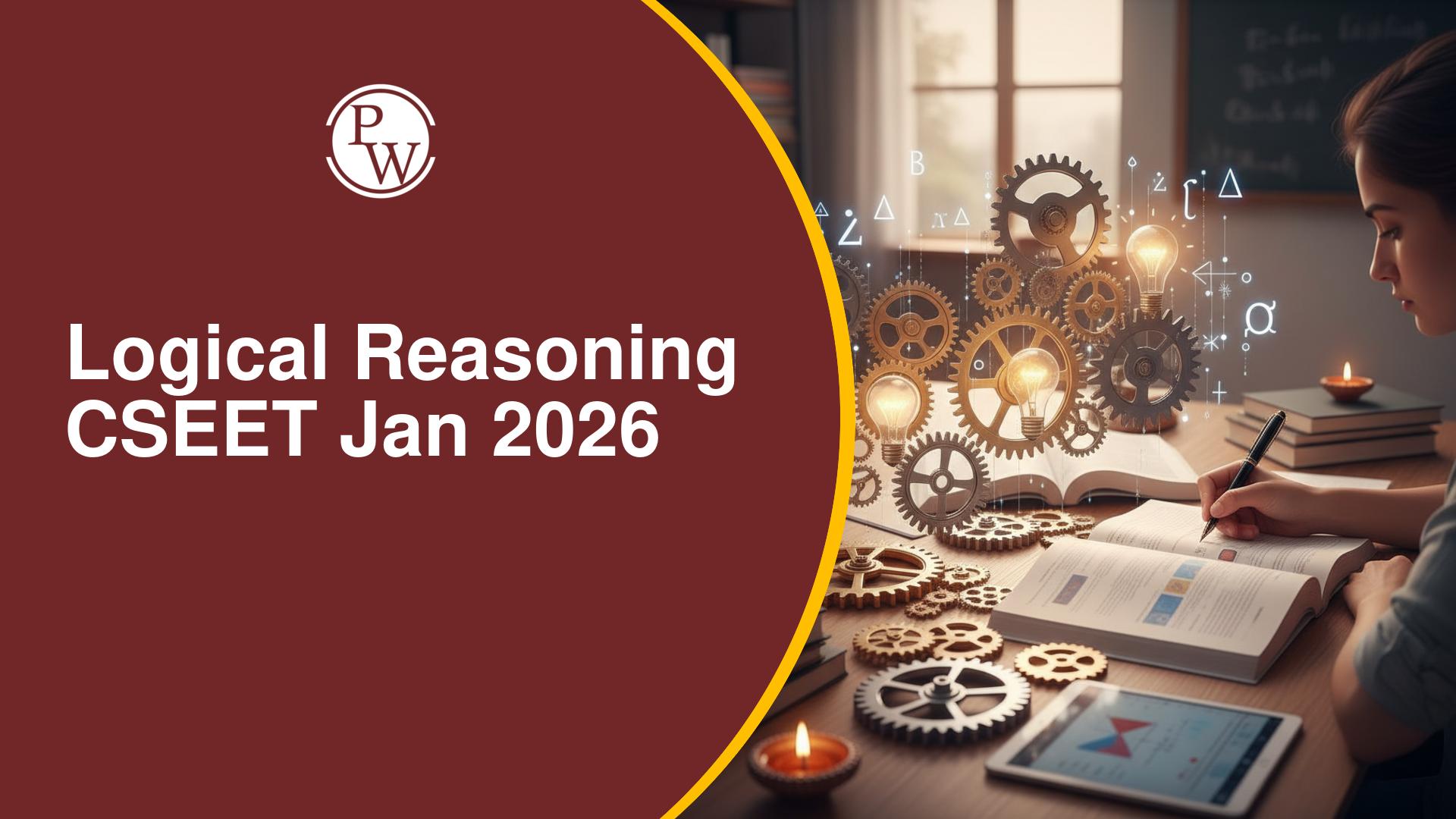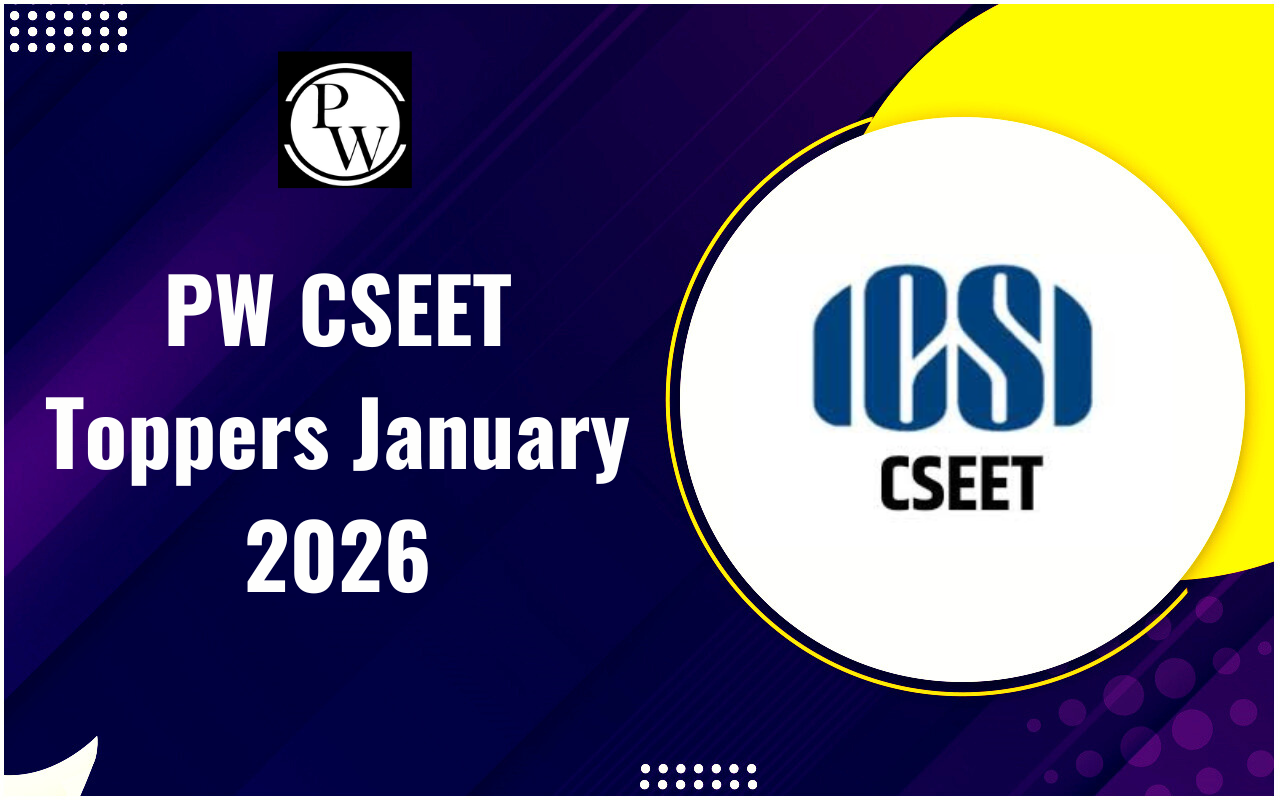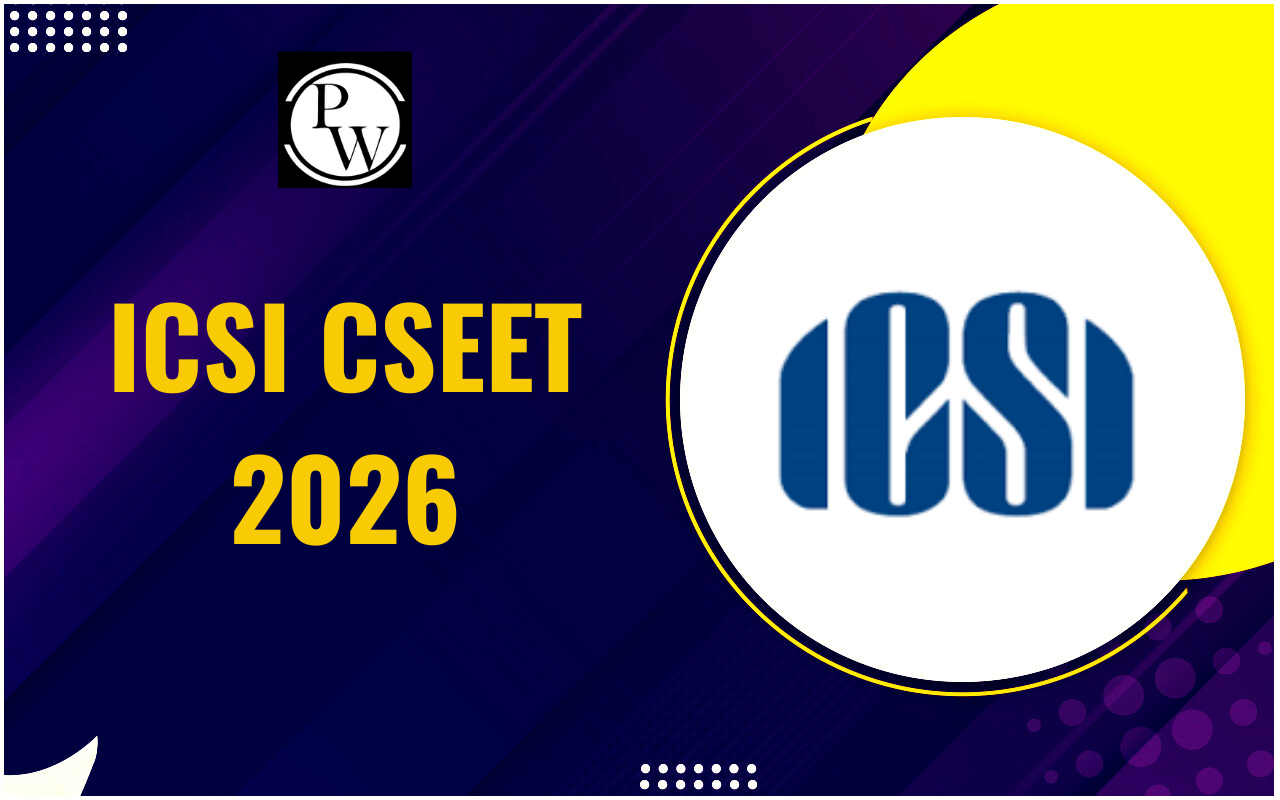
Indian Contract Law is a fundamental branch of commercial law that governs agreements and obligations between parties. The Indian Contract Act, 1872, provides the legal framework for forming and enforcing contracts in India. This article explores the key aspects of Indian Contract Law, including the formation of agreements, essential elements of a valid contract, types of offers and their communication, consideration, privity of contract, void and voidable contracts, quasi-contracts, remedies for breach of contract, and the law of agency.
Introduction
The Indian Contract Law Act, 1872, lays down the principles governing the formation, execution, and enforcement of contracts in India. It is based on the English Common Law and provides the legal basis for contractual relationships, ensuring that agreements are honored and disputes are resolved fairly.Formation of an Agreement and Intention to Create Legal Relationship
A contract is formed when one party makes an offer, and the other party accepts it, creating a mutual agreement. For an agreement to be legally binding, there must be an intention to create a legal relationship. Social or domestic agreements typically lack this intention and are not enforceable by law.Essential Elements of a Valid Contract Law
A valid contract under the Indian Contract Act, 1872, must fulfill the following essential elements:- Offer and Acceptance : There must be a clear offer by one party and an unqualified acceptance by the other.
- Intention to Create Legal Relationship : Parties must intend to create a binding legal obligation.
- Lawful Consideration : The agreement must be supported by something of value exchanged between the parties.
- Capacity of Parties : Parties must be competent to contract, meaning they should be of legal age, sound mind, and not disqualified by law.
- Free Consent : Consent of the parties must be free from coercion, undue influence, fraud, misrepresentation, and mistake.
- Lawful Object : The purpose of the contract must be legal and not against public policy.
Kinds of Offer, Communication, Acceptance, and Revocation
Types of Offers:
- Express Offer : Stated clearly in words, written or spoken.
- Implied Offer : Inferred from conduct or circumstances.
- Specific Offer : Made to a specific person or group.
- General Offer : Made to the public at large.
Communication and Acceptance:
- Communication of Offer : Must be communicated to the offeree; it can be withdrawn before acceptance.
- Acceptance : Must be absolute, unqualified, and communicated to the offeror.
Revocation:
- Offers can be revoked any time before acceptance.
- Acceptance can be revoked before it comes to the knowledge of the offeror.
Consideration
Consideration refers to something of value exchanged between the parties. It can be an act, abstinence, or a promise. Consideration must be lawful, real, and not illusory. Without consideration, an agreement is generally void, except in specific cases like written and registered agreements without consideration.Doctrine of Privity of Contract and Consideration
The doctrine of privity of contract states that only parties to a contract can enforce its terms. Third parties cannot sue for the enforcement of the contract. Similarly, the doctrine of consideration holds that a contract must involve a reciprocal promise or benefit.Void, Voidable, and Illegal Contracts
Void Contracts:
- Agreements that lack legal effect and cannot be enforced.
- Examples include agreements made by minors, or agreements without lawful consideration.
Voidable Contracts:
- Valid until one party chooses to void it.
- Typically due to lack of free consent.
Illegal Contracts:
- Agreements for unlawful purposes.
- Not only void but also punishable under the law.
Flaws in Contract and Free Consent
Flaws in a contract arise from a lack of free consent, which includes coercion, undue influence, fraud, misrepresentation, and mistake. If consent is not free, the contract is voidable at the option of the party whose consent was not freely given.Nature of Quasi-Contracts
Quasi-contracts are obligations imposed by law to prevent unjust enrichment. They do not arise from mutual consent but are treated as contracts to enforce equitable treatment. Examples include obligations to repay money received by mistake or under coercion.Remedies for Breach of Contract
The primary remedies for breach of contract include:- Damages : Monetary compensation for losses suffered.
- Specific Performance : Court order to perform the contract as agreed.
- Injunction : Preventing a party from doing something that breaches the contract.
- Rescission : Canceling the contract and restoring parties to their original positions.
Law of Agency
The law of agency deals with relationships where one person, the agent, is authorized to act on behalf of another, the principal. The principal is bound by the acts of the agent done within the scope of authority. This relationship is fundamental in business transactions and involves duties, rights, and liabilities of both agents and principals.Conclusion
Indian Contract Law forms the bedrock of commercial transactions, ensuring that agreements are honored and disputes are justly resolved. Understanding the formation of contracts, essential elements, types of offers, consideration, privity, void and voidable contracts, quasi-contracts, remedies, and agency law is crucial for navigating legal and business environments. The Indian Contract Act, 1872, thus plays a pivotal role in fostering trust and reliability in contractual relationships.Indian Contract Law FAQs
What makes a contract valid under Indian law?
A valid contract requires offer, acceptance, lawful consideration, parties' capacity, free consent, lawful object, and compliance with legal formalities.
What are the types of contracts under Indian law?
Contracts can be void (no legal effect), voidable (one party can void), or illegal (involving unlawful activities).
How are offers, acceptance, and revocation handled in Indian contracts?
Offers can be express or implied, and acceptance must be clear and communicated. Offers can be revoked before acceptance.
What is consideration in Indian contract law?
Consideration is something of value exchanged between parties, essential for enforcing contracts and ensuring mutual obligation.
What are quasi-contracts in Indian law?
Quasi-contracts are legal obligations imposed to prevent unjust enrichment, not formed by mutual consent but treated as such for fairness.
🔥 Trending Blogs
Talk to a counsellorHave doubts? Our support team will be happy to assist you!

Check out these Related Articles
Free Learning Resources
PW Books
Notes (Class 10-12)
PW Study Materials
Notes (Class 6-9)
Ncert Solutions
Govt Exams
Class 6th to 12th Online Courses
Govt Job Exams Courses
UPSC Coaching
Defence Exam Coaching
Gate Exam Coaching
Other Exams
Know about Physics Wallah
Physics Wallah is an Indian edtech platform that provides accessible & comprehensive learning experiences to students from Class 6th to postgraduate level. We also provide extensive NCERT solutions, sample paper, NEET, JEE Mains, BITSAT previous year papers & more such resources to students. Physics Wallah also caters to over 3.5 million registered students and over 78 lakh+ Youtube subscribers with 4.8 rating on its app.
We Stand Out because
We provide students with intensive courses with India’s qualified & experienced faculties & mentors. PW strives to make the learning experience comprehensive and accessible for students of all sections of society. We believe in empowering every single student who couldn't dream of a good career in engineering and medical field earlier.
Our Key Focus Areas
Physics Wallah's main focus is to make the learning experience as economical as possible for all students. With our affordable courses like Lakshya, Udaan and Arjuna and many others, we have been able to provide a platform for lakhs of aspirants. From providing Chemistry, Maths, Physics formula to giving e-books of eminent authors like RD Sharma, RS Aggarwal and Lakhmir Singh, PW focuses on every single student's need for preparation.
What Makes Us Different
Physics Wallah strives to develop a comprehensive pedagogical structure for students, where they get a state-of-the-art learning experience with study material and resources. Apart from catering students preparing for JEE Mains and NEET, PW also provides study material for each state board like Uttar Pradesh, Bihar, and others
Copyright © 2026 Physicswallah Limited All rights reserved.









